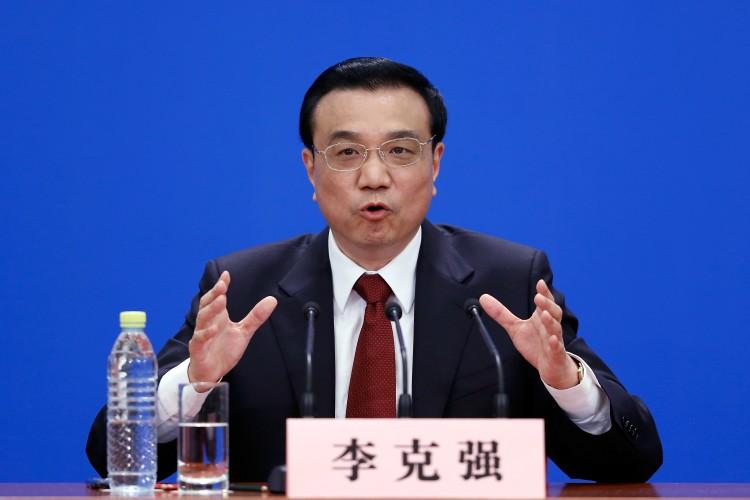China was “shocked and outraged” by the suicide bombing attack in Karachi that killed three Chinese nationals and a Pakistani national, Chinese Premier Li Keqiang told his Pakistani counterpart on May 16.
Li spoke by phone with Pakistani Prime Minister Shahbaz Sharif and urged him to “make every effort to deal with the follow-up matters of the casualties” following the April 26 bombing near the Karachi University.





